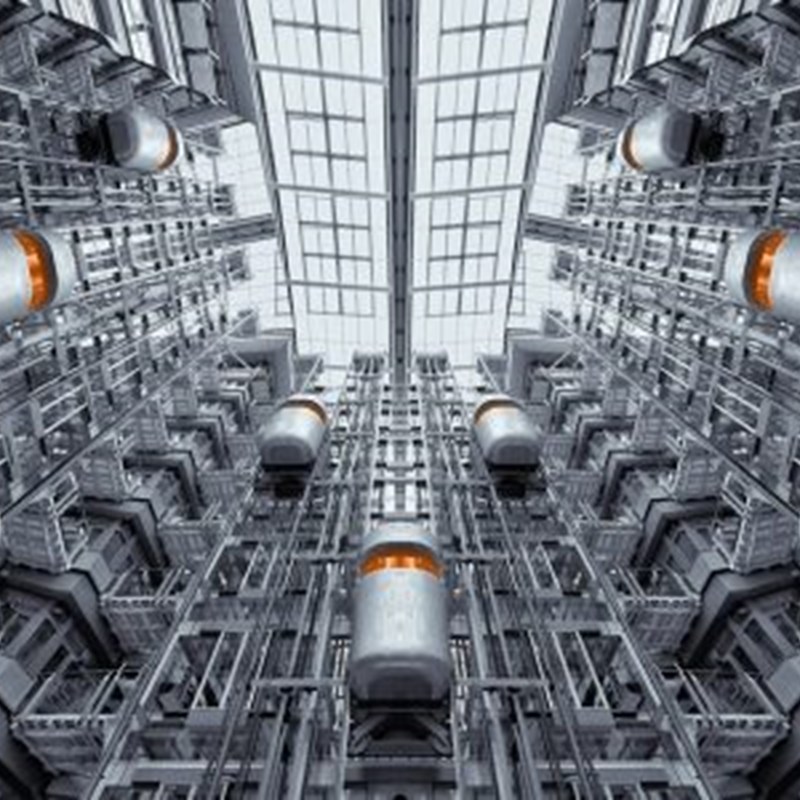
In this, the second in the latest Arkessa Global IoT blog series, we take a look at the innovations and shifts affecting the manufacturing and logistics industries. From connected fleets to tracking product life cycles with eUICC technology, read on to find out how IoT is disrupting these most traditional of industries.
Manufacturing 4.0
Industry 4.0 – the digitalisation of manufacturing – has brought significant positive disruption across all aspects of the industry – from changing traditional business models – from purchase to usage – to optimising the efficiency of factory floors. Encompassing digitalisation of data exchange, automation of production lines, and connecting sensors, machinery and products, Industry 4.0 means that technology now plays a vital role in the manufacturing industry on a global scale.
The results of this are tangible and soon-to-be evident in a manufacturer’s bottom line: ‘The potential Global Digitalisation Productivity Bonus across all manufacturing sectors is estimated to be between 6.3 percent and 9.8 percent of total annual revenue by 2025.’ (source: Siemens, 2017)
AI
The introduction of robots into the production line is continuing to gather pace, and no connected technology 2018 event would be complete without AI as a key focus. At last week’s Hannover Messe, Machine learning: artificial intelligence in Industrie 4.0 examines how AI is using big data to optimise manufacturing processes, find new solutions to production and logistical issues, and gain new insights into what manufacturers could do better.
Digital Twin technology
Virtual representations of machines – Digital Twins – enable the identification and repair of production line issues. Smart sensors gather real-time data to monitor performance and productivity, as well as flagging up any concerns before they create real problems. Although the concept of virtual twins has been around for a while – essentially CAD modelling – it is only the dawn of IoT that has enabled this technology to deliver its full impact. Read about Avnet Silica’s digital twin demo at Embedded World here.
Digital Logistics
Once production lines are fully digitalised and connected, it makes perfect sense to continue the trend to incorporate the full supply chain. Connected pallets, smart vans (like the Connected Van from Fujitsu), and digital supply chain management systems all help to negate the impact of factors such as asset loss on a global supply chain – a positive for the industry as a whole and for individual enterprises. Find out more about how Smarter Logistics can reduce supply chain costs here.
eUICC
Reprogrammable eUICC technology from Arkessa brings the flexibility and global reach needed to connect and manage the entire supply chain cycle, from production through to deployment and beyond. eUICC is having a profound impact on the manufacturing and logistics industries, taking Industry 4.0 to the next level in terms of future-proofing, security and global flexibility. Find out more about eUICC here.
Industry 5.0 – Customisation
Although many manufacturers may still feel that they are only just getting to grips with Industry 4.0, there are indicators that Industry 5.0 is just around the corner. The fifth industrial revolution looks set to bring personalisation and customisation sharply into focus on a mass scale. Through increased automation, machine learning and real reactive data processing, global manufacturing could reach its next revolution sooner than you might think.
Coming soon…
Look out for further insights into the next industrial revolution – what could mass customisation really bring to the industry and how would it affect the consumer?